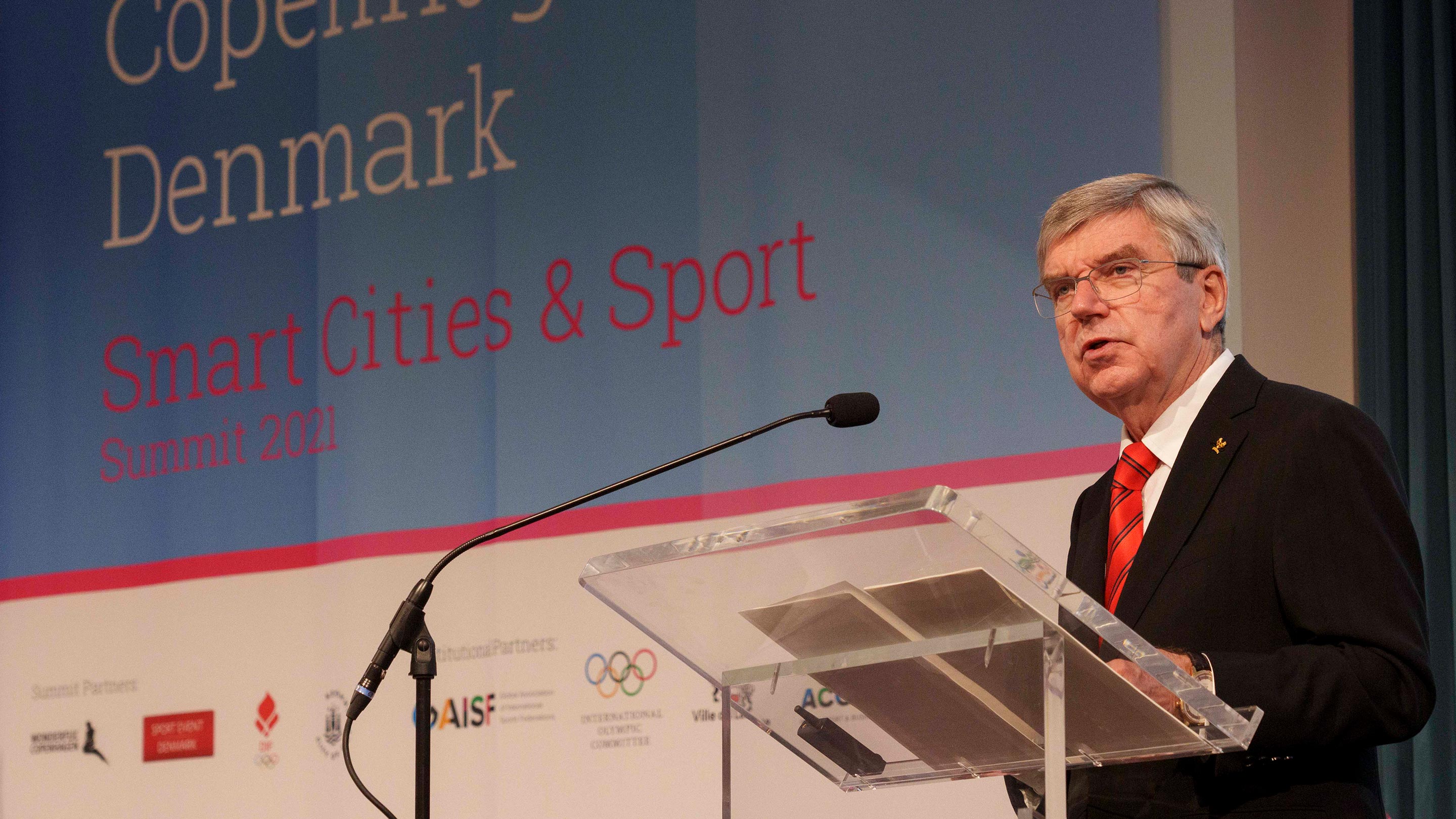
The role of cities to promote healthy and active societies has been the focus of this year’s Smart Cities and Sport Summit, currently taking place in Copenhagen, Denmark.
The annual event, an initiative of the World Union of Olympic Cities, targets representatives of cities and regions across the world willing to develop smart strategies that connect sport and cities.
“This Summit is an opportunity to showcase the special role that cities, and specifically Olympic cities, can play to promote healthy and active living,” said IOC President Thomas Bach in a keynote address to the conference. “Cities are also at the forefront when it comes to rebuilding a more human-centred and more inclusive society in the post-pandemic world.”
According to the World Health Organization (WHO), physical activity has significant health benefits for hearts, bodies and minds. It helps to protect against heart disease, type-2 diabetes and cancer, as well as depression and anxiety. It also enhances thinking, learning and overall well-being. And yet globally, one in four adults do not meet the global recommended levels of physical activity.
“This goes against everything that we have learned during this pandemic – and that is: sport can save lives,” said President Bach.
In his address, President Bach underlined the important role that cities play in the post-pandemic recovery: “Even once we have finally overcome this health crisis, we face far-reaching social, financial, economic and political consequences,” he said.
“Cities are on the front lines of this post-pandemic world. Because it is in the large urban centres where we see these consequences impact lives and affect our communities the most. The IOC and the entire Olympic community are ready to make our contribution. Cities are once again a key partner in this, because shaping the post-pandemic world is in the end about people and it has to happen at the community level.”
Promoting a healthy society through sport is at the heart of the IOC’s vision of “building a better world through sport”, and an integral part of the work of the organisation. Its strategic roadmap, Olympic Agenda 2020+5, focuses strongly on the role of sport as an important enabler to achieve the United Nations Sustainable Development Goals.
Increased physical activity is also an important part of the legacy created by the Olympic Games for their hosts. Paris 2024 Executive Director of Impact and Legacy Marie Barsacq, also speaking at the Summit, highlighted the Games’ objective to make France “move more” and “awake an athlete sleeping inside each French person”. One of Paris 2024’s flagship initiatives aims to introduce 30 minutes of daily physical activity in French schools. Five thousand schools have already signed up to the initiative.
Established in 2014, Smart Cities & Sport is an initiative which originates from the group of former and future Olympic host cities. It has since expanded to any cities interested in using sport as a platform for growth and development.
[“source=olympics”]



